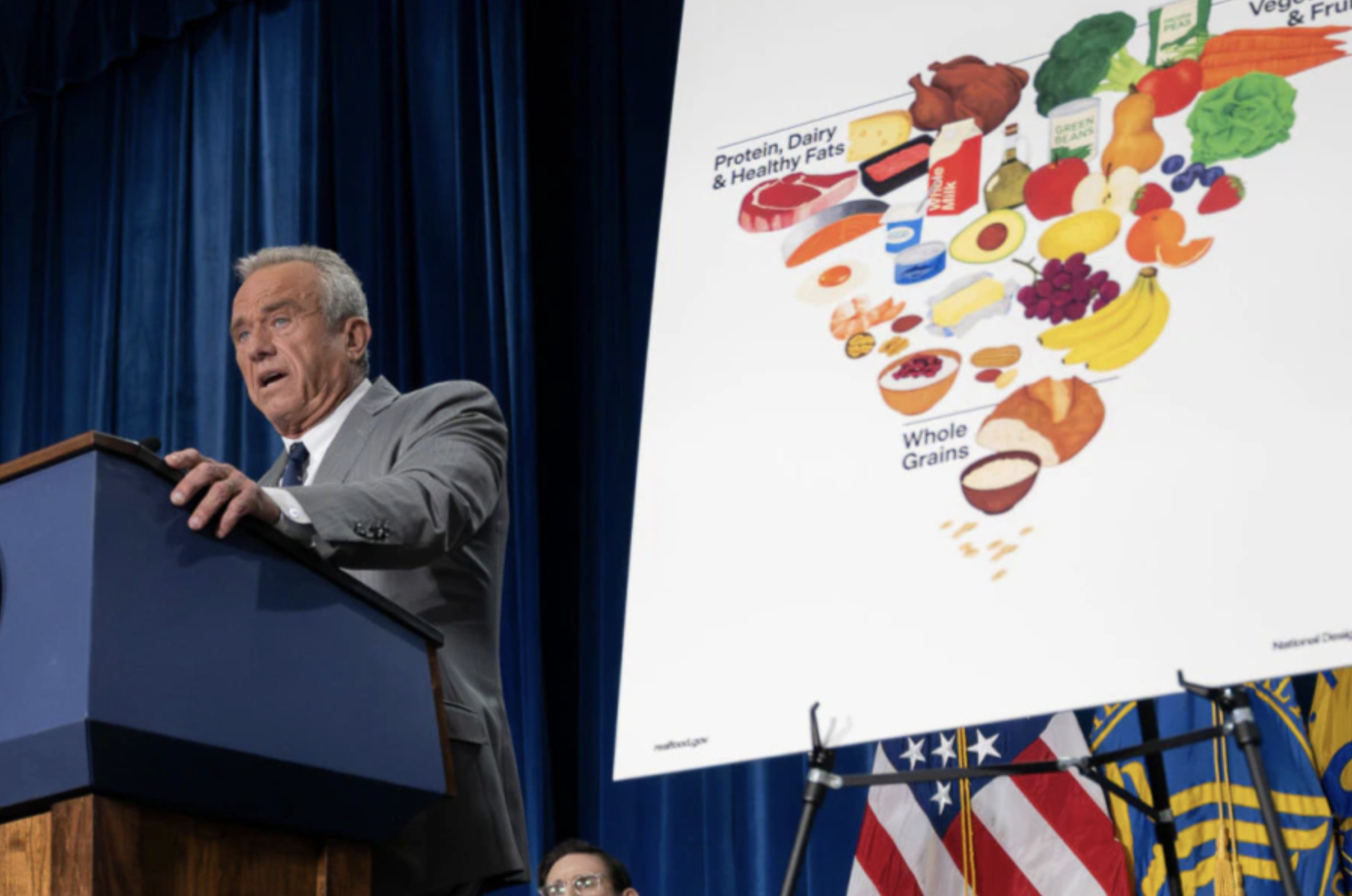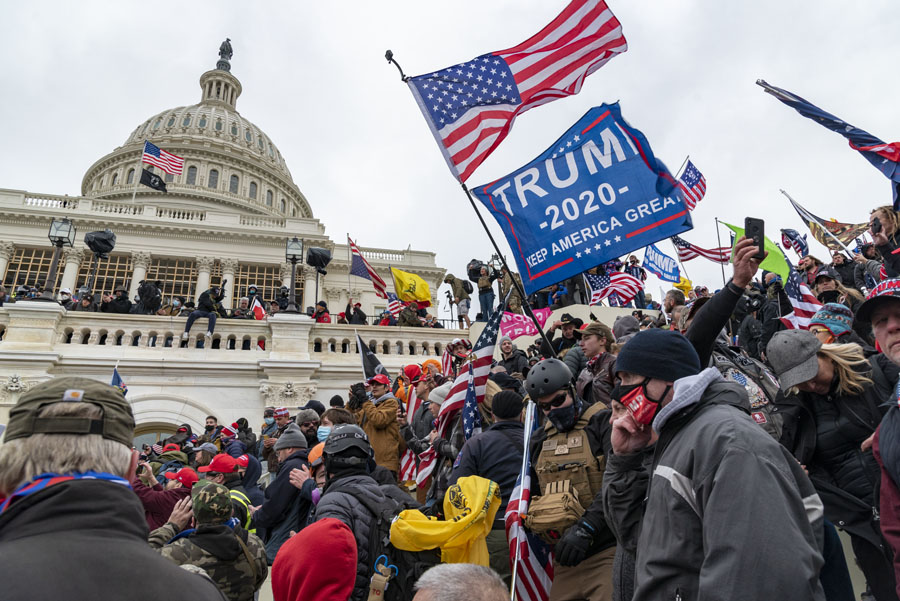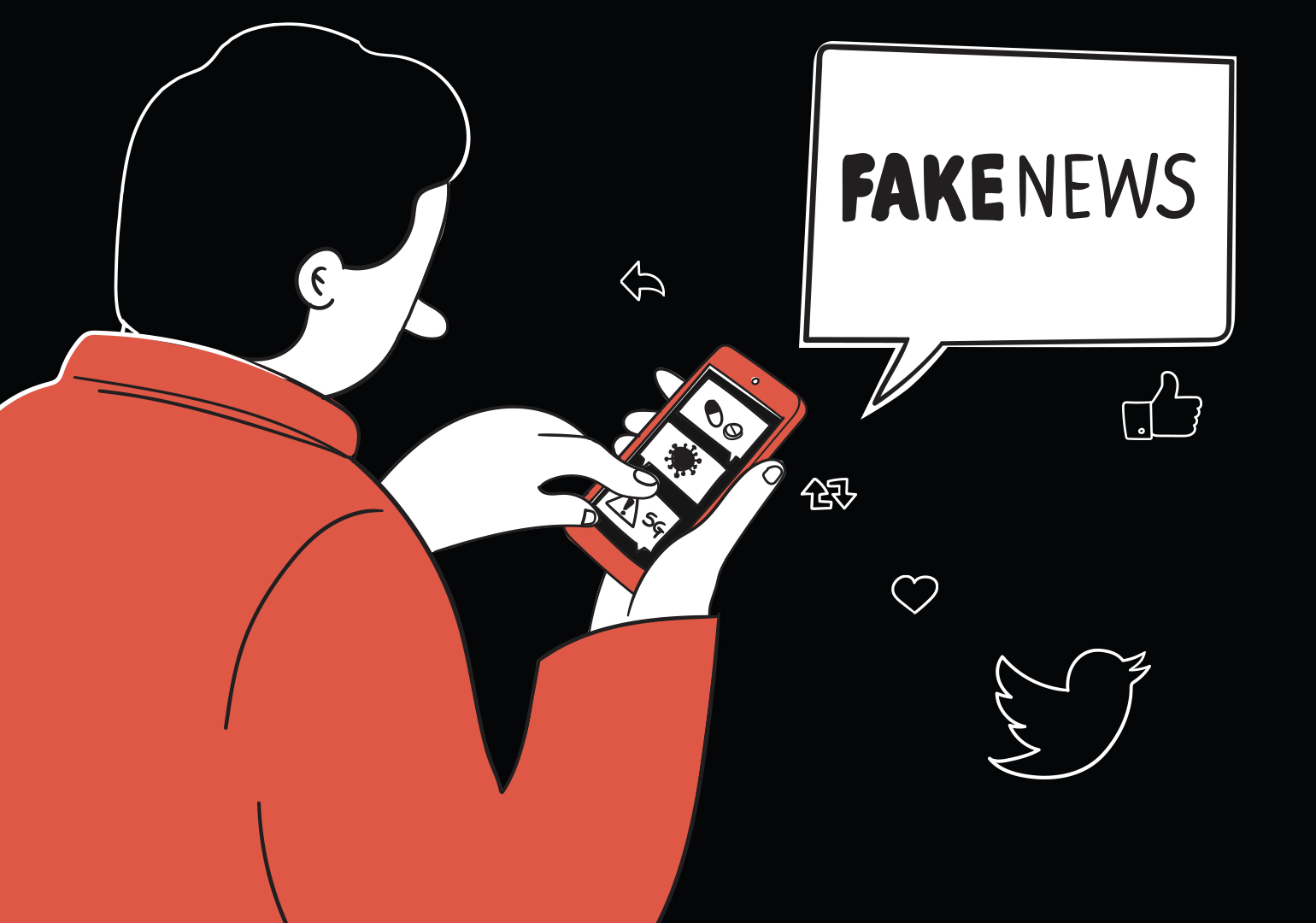Trump and the Powers of the American Presidency (Part I)
John Adams's famous aspiration is not our reality: We live in a government of men, as well as laws.
One of those men, the most powerful of them all, may soon be Donald Trump.
So as the late Joan Rivers might have said, "Can we talk?"
John Adams's famous aspiration is not our reality: We live in a government of men, as well as laws.
One of those men, the most powerful of them all, may soon be Donald Trump.
So as the late Joan Rivers might have said, "Can we talk?"
The possibility of Trump's election warrants a serious conversation about the nature of the American presidency and what it would mean for someone of Trump's dubious mental health to occupy the office. I am not a clinician, but I think it's safe to say without fear of libeling the man that Trump's speeches reflect a degree of grandiosity, narcissicm, impulsivity, lack of self command, and instinct to attack political opponents that are unusual even within the end-of-the-bell-curve emotional zone reserved for politicians. This is a highly unusual man, one with a pronounced instinct to threaten and verbally attack those who disagree with him or whom he just dislikes. He goes after foreign countries, news reporters, opponents, and anyone else who criticizes him. When you're talking about putting such a man into a unique office with atypical powers to carry out threats, it is worth dwelling on the compatibility of the two.
I'm going to do this over a series of posts. In this one, I want to focus on the discussion we have seen in recent weeks of "tyrant-proofing" the White House. Over at the Atlantic, Conor Friedersdorf asks: "Under current precedent, the commander in chief can give a secret order to kill an American citizen with a drone strike without charges or trial. Should Donald Trump have that power?"
He writes: "Before moving into a new house, parents of small children engage in child-proofing. Before leaving the White House, Obama should engage in tyrant-proofing. For eight years, he has evinced a high opinion of his own ability to exercise power morally, even in situations where Senator Obama thought that the president should be restrained. At this point, better to flatter his ego than to resist it. You’ll be gone soon, Mr. President, and for all our disagreements, I think your successor is highly likely to be less trustworthy and more corruptible than you were."
At Just Security, Jennifer Granick recently criticized NSA’s Civil Liberties and Privacy Director, Rebecca Richards, for the latter's bland answer to a question of whether our surveillance laws are adequate to prevent abuses by someone like a President Trump: "surveillance law should be President-Proof, exactly because someone like Trump could be—even has been—president. Rather than repeat the same comforting boilerplate, Richards should have been honest with the American people. Our laws are nowhere near ready for what might come next. And the election is only five months away," Granick writes. "History tells us that up against a determined adversary from within the most powerful office in the world, America’s surveillance safeguards are anemic, barely bumps in the road."
She goes on:
Nothing has changed [since the Bush administration] that will stop a president with a mission. The president isn’t required to inform Congress or the PCLOB if she changes Executive Order 12333. She is not required by law to give Congress notice of or the opportunity to review new Presidential Policy Directives affecting surveillance. The FISA Court still has no role in supervising overseas spying, nor must the president inform Congress when she initiates new overseas spying programs. When Office of Legal Counsel opinions justifying surveillance proposals are written, Congress need not be told nor given a copy. If the DOJ changes minimization procedures or FBI guidelines, it is not required to inform Congress. Classification continues to get in the way of oversight. There is no punishment for people who violate the law at a president’s behest. And whistleblowers have less, not more, reason to believe they will be protected and not prosecuted if they come forward.
With all due respect to Friedersdorf and Granick, I think both are missing the point. To jump right away to the President's most coercive powers and ask how Trump could abuse them strikes me as a little bit like putting a sharp knife in the hands of a toddler and then worrying about his assassinating the president with it. There are, to put it mildly, more proximate concerns.
Only in House of Cards would Trump get into the Oval Office and immediately begin plotting which Americans to take out with a drone. And the fact that the Bush administration could do things in a crisis using NSA that Granick finds objectionable does not mean that Trump could normalize tyranny in the face of an NSA bureaucracy that—Granick's table-pounding aside—really does follow the rules. While I do not doubt that NSA and the drone program are possible to abuse, it's not actually where a tyrant with the powers of the American presidency would start. The focus on drones and technical surveillance says far more about the politics of today's national security conversation than it does about the actual abuses of power we can expect from Donald Trump.
Let me be blunt: The soft spot is not NSA and it's not the drone program. The soft spot, the least tyrant-proof part of the government, is the U.S. Department of Justice and the larger law enforcement and regulatory apparatus of the United States government. The first reason you should fear a Donald Trump presidency is what he would do to the ordinary enforcement functions of the federal government, not the most extraordinary ones.
Don't believe me on this one; ask Justice Robert Jackson, who knew something about the Justice Department, which he headed as attorney general before ascending to the court:
Law enforcement is not automatic. It isn't blind. One of the greatest difficulties of the position of prosecutor is that he must pick his cases, because no prosecutor can even investigate all of the cases in which he receives complaints. If the Department of Justice were to make even a pretense of reaching every probable violation of federal law, ten times its present staff will be inadequate. We know that no local police force can strictly enforce the traffic laws, or it would arrest half the driving population on any given morning. What every prosecutor is practically required to do is to select the cases for prosecution and to select those in which the offense is the most flagrant, the public harm the greatest, and the proof the most certain.
If the prosecutor is obliged to choose his case, it follows that he can choose his defendants. Therein is the most dangerous power of the prosecutor: that he will pick people that he thinks he should get, rather than cases that need to be prosecuted. With the law books filled with a great assortment of crimes, a prosecutor stands a fair chance of finding at least a technical violation of some act on the part of almost anyone. In such a case, it is not a question of discovering the commission of a crime and then looking for the man who has committed it, it is a question of picking the man and then searching the law books, or putting investigators to work, to pin some offense on him. It is in this realm—in which the prosecutor picks some person whom he dislikes or desires to embarrass, or selects some group of unpopular persons and then looks for an offense, that the greatest danger of abuse of prosecuting power lies. It is here that law enforcement becomes personal, and the real crime becomes that of being unpopular with the predominant or governing group, being attached to the wrong political views, or being personally obnoxious to or in the way of the prosecutor himself.
A prosecutor—and by extention, a tyrant president who directs that prosecutor—can harass or target almost anyone, and he can often do so without violating any law. He doesn't actually need to indict the person, though that can be fun. He needs only open an investigation; that alone can be ruinous. The standards for doing so, criminal predication, are not high. And the fabric of American federal law—criminal and civil law alike—is so vast that a huge number of people and institutions of consequence are ripe for some sort of meddling from authorities. A template here is how former Virginia attorney general Ken Cuccinelli was able to harass climate scientists he didn't like. This stuff is not hard to do, and you don't even need to win to succeed.
The Justice Department has some institutional defenses against this sort of thing, but they are far weaker than the intelligence community's institutional defenses against abuses. They mostly do not reside in statute or in the sort of complex oversight structures that Granick complains in the case of NSA are not restrictive enough. They reside in the Levi Guidelines, in certain normative rules about contacts between the Justice Department and the White House, in norms that have developed over the years in the FBI. And they reside in the hearts of a lot of replaceable people. Ultimately, they reside in an institutional culture at the Justice Department, and that is precisely the sort of thing a tyrant leader can change.
The reason this great vulnerability exists—and is probably irremediable without grave damage to our legal system—is that our system actually depends on prosecutorial discretion for a lot of good things. It's what prevents the mechanical application of the law in a fashion that would itself be tyrannical. It's what allows focus on the most important offenses. It's what allows the justice system to be nimble, focusing on drug cartel crimes in the 1980s and 1990s and shifting to terrorism and internet crimes in the subsequent decade.
What would a president need to do to shift the Justice Department to the crimes or civil infractions committed—or suspected—by Trump critics and opponents? He would need to appoint and get confirmed by the Senate the right attorney general. That's very doable. He'd want to keep his communications with that person limited. An unspoken understanding that the Justice Department's new priorities include crimes by the right sort of people would be better than the sort of chortling communications Richard Nixon and John Mitchell used to have. Want to go after Jeff Bezos to retaliate for the Washington Post's coverage of the campaign? Develop a sudden trust-busting interest in retailers that are "too big"; half the country will be with you. Just make sure you state your non-neutral principles in neutral terms.
Certainly, a bunch of pesky, scrupulous AUSAs might have to go. But that's not a problem. Make the environment hostile enough, and law firm life will start to look very attractive to them.
Yes, Trump might develop a problem with our redoubtable FBI director, who doesn't leave with the outgoing administration and has stared down a president once before. But so what? Bill Clinton didn't get along with his FBI director either. Comey will not be there forever anyway. And even without the FBI, and even using only the discretion it lawfully has, the Justice Department has remarkable fangs to bare when it chooses to bare them. NSA can only spy on people. Why bother with that when you can sue them?
There are other reasons to expect a politically abusive president to focus on the Justice Department and other domestic, civilian regulatory and law enforcement agencies: one is that the points of contact between these agencies and the American people are many, whereas the population's points of contact with the intelligence community are few. The delusions of many civil libertarians aside, the intelligence community really does focus its activities overseas. To reorient it towards domestic oppression would take a lot of doing. It also has no legal authority to do things like arresting people, threatening them with long prison terms, fining them, or issuing subpoenas to everyone they have ever met. By contrast, the Justice Department has outposts all over the country. Its focus is primarily domestic. It issues authortitative legal guidance within the executive branch to every other agency that operates within the country. And it has the ability to order people to produce material and testify about whatever it wants to investigate.
What's more, when it receives such material, it is subject to dramatically laxer rules as to its use than is the intelligence community. Unlike, say, when NSA collects material under Section 702, when the Justice Department gets material under a grand jury subpoena, there aren't a lot of use restrictions (other than Rule 6(e)'s prohibition against leaking it); and there is no mandatory period after which DOJ has to destroy it. It has countless opportunities, in other words, to engage in oppressive activities, and it is largely not law but norms and human and institutional decency that constrain it.
There's one other thing that constrains it: politics. Justice Antonin Scalia, in his greatest opinion (his dissent in Morrison v. Olson), identified the presidency's unity and the political pressures on the president as a major civil liberties protection against the problem of prosecutors run amok:
Under our system of government, the primary check against prosecutorial abuse is a political one. The prosecutors who exercise this awesome discretion are selected, and can be removed, by a President whom the people have trusted enough to elect. Moreover, when crimes are not investigated and prosecuted fairly, nonselectively, with a reasonable sense of proportion, the President pays the cost in political damage to his administration. If federal prosecutors "pick people that [they] thin[k] [they] should get, rather than cases that need to be prosecuted," if they amass many more resources against a particular prominent individual, or against a particular class of political protesters, or against members of a particular political party, than the gravity of the alleged offenses or the record of successful prosecutions seems to warrant, the unfairness will come home to roost in the Oval Office.
Scalia's point is trenchant in the context in which he made it: his strident objection to entirely removing an independent counsel from the realm of political control by the president. But Scalia's words also expose the Trump problem: What if the President himself is the source of the prosecutorial misconduct? What if a President "whom the people have trusted enough to elect" is himself the source of the problem of "crimes not investigated and prosecuted fairly, nonselectively, [and] with a reasonable sense or proportion"? And what if the politics that are supposed to restrain that president serve in a period of populist fervor to egg him on?
Scalia's answer to that problem would, I suspect, be a different political power vested in a different political branch: impeachment. For present purposes, however—where the candidate has not yet been elected and high crimes and misdemeanors are merely promised, not yet delivered—impeachment as a remedy is not available.
Neither, I want to stress, is tyrant-proofing the presidency. The presidency's very virtues as an office—relative unity and vertical integration—make it impossible to render abuse-proof. It is vested with a truly awesome thing:"the executive power" of the entire federal government. There are simply too many ways to abuse that power to imagine we can denude the office of the ability to behave tyranically.
There is, in fact, only one way to tyrant-proof the American presidency: Don't elect tyrants to it.
To a degree we don't choose to acknowledge, our system does rely on civic virtue and decency. Trump has campaigned against that decency. He has actively promised countless abuses of power. He has promised retaliations against his enemies. A country that, having been so clearly forewarned, nonetheless chooses to elect such a man cannot then treat his misconduct as indicating a deficiency in the office in which it knowingly installed him.





